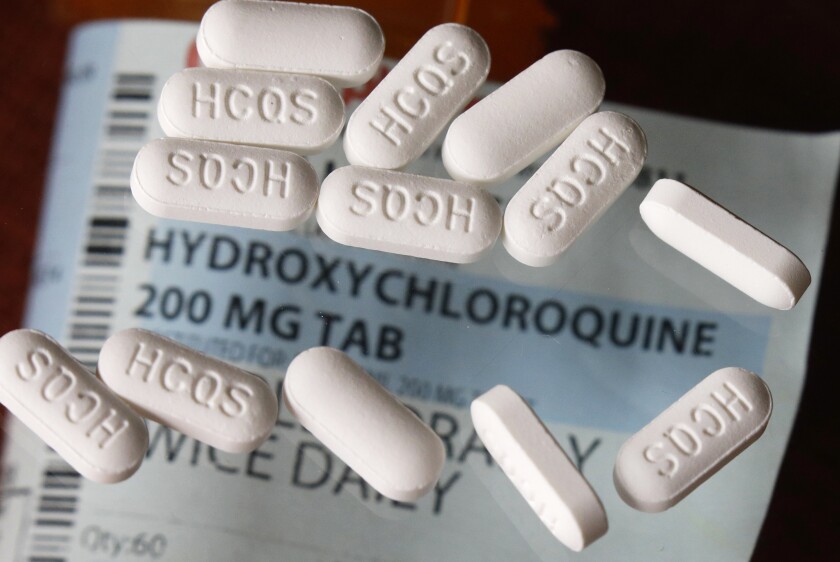It is interesting that the researchers declare their clinical study as inconclusive despite out of 205 test subjects exposed to the coronavirus not contracting it:

A clinical study on a preventive virus treatment using hydroxychloroquine, a controversial drug that has been touted as a possible cure for the novel coronavirus, was inconclusive, according to the Korean researchers.
Researchers from Samsung Medical Center in southern Seoul and Pusan National University Hospital in Busan completed post-exposure prophylaxis (PEP) using hydroxychloroquine (HCQ) on 184 patients and 21 health care workers at a long-term care hospital in Busan, where they were exposed to the coronavirus after massive infections were reported there.
Post-exposure prophylaxis refers to any preventive medical treatment started after exposure to a pathogen. HCQ is an anti-malaria drug that recently gained worldwide attention after U.S. President Donald Trump said it could be a cure for Covid-19, although medical experts are divided over the use of the drug, citing side effects.
According to the study, which was published in the International Journal of Antimicrobial Agents, Korean researchers conducted the treatment on people who were at risk of contracting Covid-19, although their baseline polymerase chain reaction tests for the novel coronavirus were negative.
Researchers gave the subjects a daily dose of 400 milligrams of HCQ until the completion of a 14-day quarantine period. During the trial, 32 people reported one or more symptoms, including diarrhea, skin rash and gastrointestinal problems, the study showed.
At the end of 14 days of quarantine, follow-up tests on the study participants were all negative, indicating that those who received the treatment did not develop Covid-19.
Joong Ang Ilbo
You can read more at the link.

